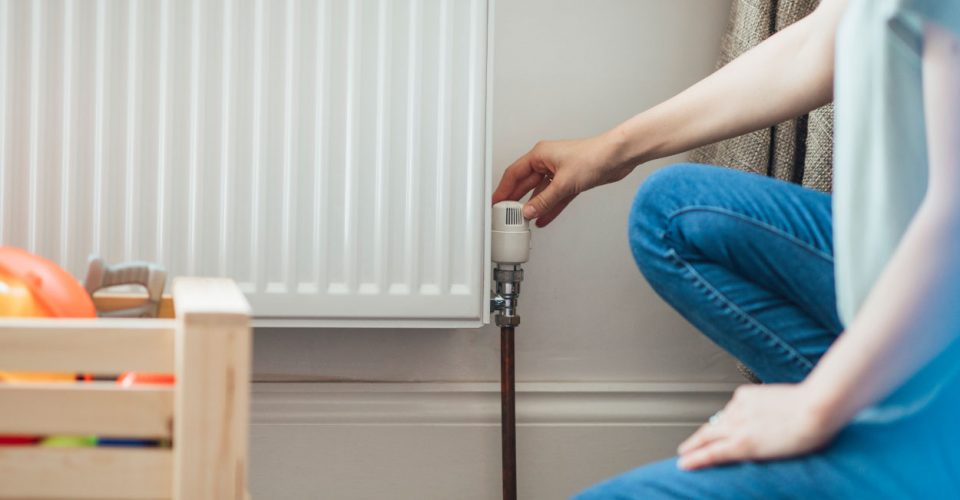Central Heating Maintenance Tips for Spring
As the warmer months roll in, most of us are just happy turning the heating off and forgetting about it until the winter, only to find that your boiler has trouble as the colder weather come back.
It may not feel intuitive to deal with your central heating come spring or summer, but chances are your heating has worked hard through winter. Suppose you want to avoid any surprise or costly repairs. In that case, there is some essential maintenance that can help you prevent common issues.

Schedule an Annual Inspection
It’s generally a good idea to have your boiler checked every 12 months. This ensures that everything is performing as it should & that there is no wear and tear. You should also perform gas safety checks if you have a gas boiler.
Spring or summer is an ideal time for this as plumbers tend to be more available. It is more convenient for households to have those checks carried out while the heating is off and it’s not chilly in the house.
Bleeding Radiators
Bleeding your radiators is the equivalent of tech support’s “have you tried turning it off and on again?” as it tends to solve the most common problems and is one of the most important – yet easiest thing – you can do for your heating system.
As worrying as it sounds, the term bleeding refers to getting rid of any air that may have gotten trapped in the system, which can lead to radiators heating up unevenly or not getting as hot as they should be.
It is easier to do this during warmer months as the heating will be off and radiators need to be cold to be bled. If you find that your radiators have an issue with heating up, try bleeding them and see if that fixes your problem as the first port of call before moving on to other solutions.
Adjust Valves
Most radiators have thermostatic valves, which are those valves with the numbers on them so you can control how warm you want your heater to be. As temperatures get warmer, valves on low settings can react by closing themselves off (which is what they are supposed to do).
However, valves can end up being stuck on their off position, so when you are looking to turn the heating on again, you may need to free up pins inside the valves to allow them to open again.
To avoid this, make sure to turn your heating off with the valves open instead of the low position and regularly check that valves are in the correct position.
Top up Chemical Inhibitor
In a central heating system, water is constantly flowing in your boiler, pipes, heat pump, and radiators, leading to a chemical reaction with the metals. This means that your system can have issues with rust, corrosion and even tiny pieces of metal flaking off and circulating in your system.
You may not notice anything at first, but this can make your system work harder to keep everything performing as it should, potentially leading to full breakdowns (always when you need your heating the most).
You can prevent this by using chemical inhibitor in your system, which usually comes in liquid form. You just have to pour into the system once a year to make sure levels are topped up. This reduces corrosion and rust caused by reactions between the water and metals and helps prolong the life of all the components in your heating system.
You may also want to take the opportunity in the warmer months to replace older radiators with more efficient models that will have a better heat output or will consume less energy. Check out specialist retailers, such as Trade Radiators, that offer a wide choice of sizes, materials and styles.
It’s important to keep your central heating system healthy, so we hope that these maintenance tips will help you out. Don’t forget that you can also turn your heating on for 15-20 minutes every four weeks or so, even during summer, to make sure everything is still well and you’ll be ready for the colder months.

